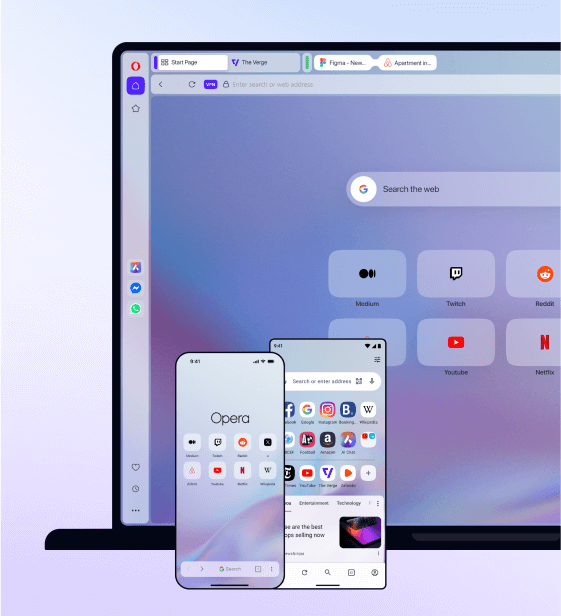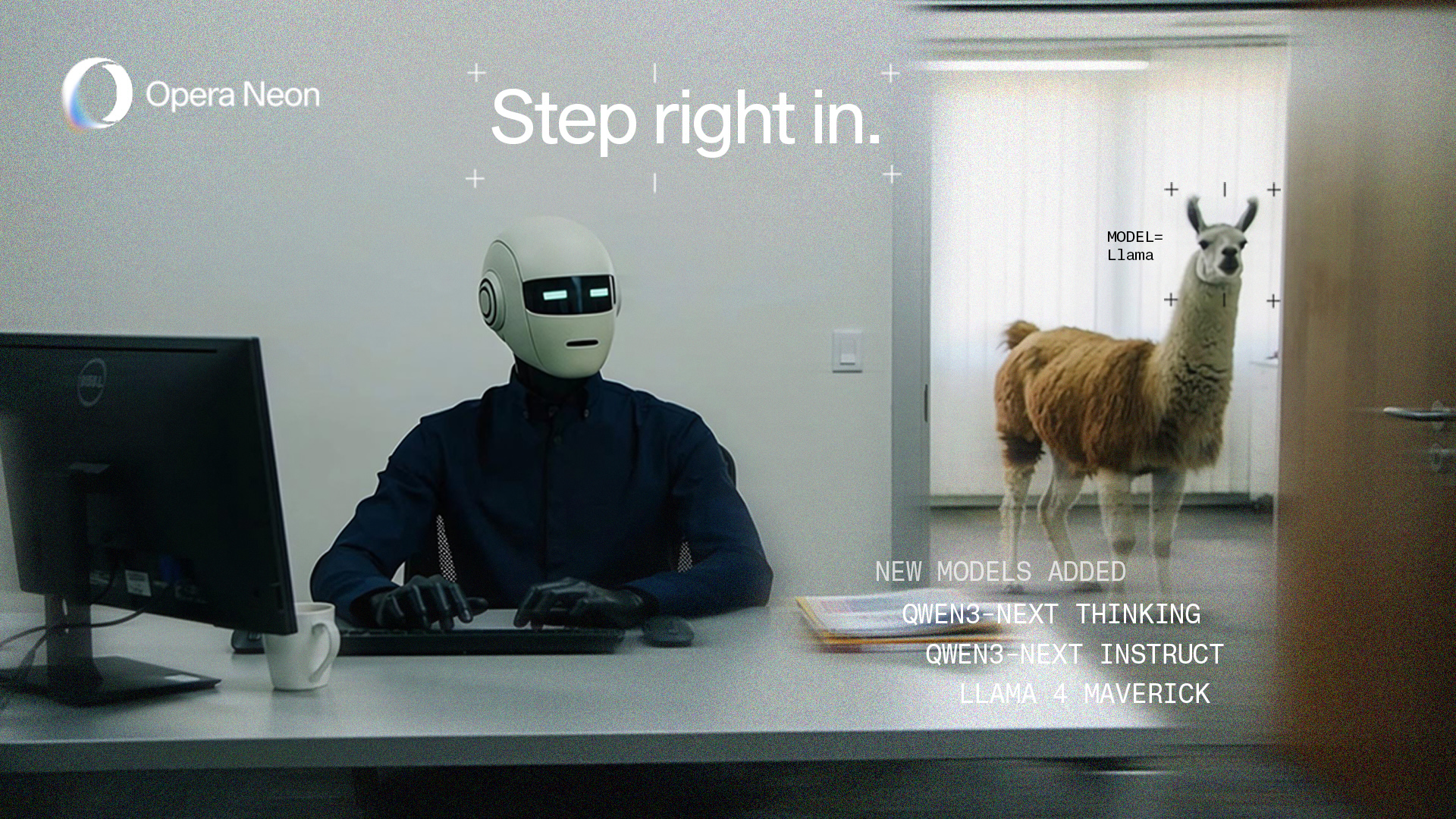Data Privacy Day: Tips & tricks on staying safe online from Opera


The Data Privacy Day on January 28 is a date we particularly care about at Opera, since maintaining our users’ privacy has always been important to us and remains a task we care about deeply. Today, we would like to use this opportunity to share some tips and tricks that will help you make sure your browsing experience remains a positive one and that no unwanted parties get hold of your data as you surf the web.
What can you do? Please check out this list of 6 simple tips and tricks to find out more.
1. Protect yourself on public Wifi
There are free Wi-Fi hotspots everywhere and it’s always tempting to connect to one to save mobile data. But be careful. Connecting to these free Wi-Fi hotspots could put your private information at risk. When you connect to a public WiFi hotspot, you could be exposed to malicious attacks. However, while using the Opera desktop browser, you can protect yourself by simply enabling the free built-in VPN function. This means your data is encrypted in transit and ensures it won’t be intercepted even on unsecured WiFi networks. The data is also going through our servers, so websites you visit cannot see your real IP.
2. Use ad blocker to reduce tracking
By enabling Opera’s ad blocker, which is available in all our mobile and PC browsers, you make sure your browsing preferences are less likely to be reported to third party tracking services, such as advertisers.
While we’re at it: Our ad blocker also features a unique anti-cryptojacking tool, which puts you on the safe side, that no one runs scripts on your device to mine cryptocurrencies. This tool keeps your Opera PC and mobile browsers protected. You can try our cryptojackingtest.com to check if your browser is safe.
3. Avoid sharing sensitive data through non-https connections
Using non-HTTPS connections puts your private data at risk. It is highly recommended that you avoid inputting your sensitive information if you are not sure whether a given website is maintaining best practices for privacy and security.
4. Use incognito mode when you don’t want your browsing history recorded
There are times when you don’t want your browsing history recorded. Like when you’re logging into your email or social-media profiles using a friend’s computer, when you’re accessing your online bank in an internet café or if you’re accessing a website with content on the sexy side. The incognito mode lets you access them and then makes the browser forget.
5. Be aware of privacy terms.
Read the privacy policy and take note of the location of a given company. Opera, for example, is a Norwegian company operating under Norwegian privacy laws, which are among the best when it comes to protecting people’s privacy.
6. Spread the word
It’s important your friends know about privacy – so just let them know what they can do. You can also share this post.
Links
If you want to dig deeper, here are some links you can check out to know more about privacy.
A TED Talk on privacy we find informative:
https://www.ted.com/talks/glenn_greenwald_why_privacy_matters
Useful Opera add-on you can install:
https://addons.opera.com/en/extensions/details/privacy-badger














